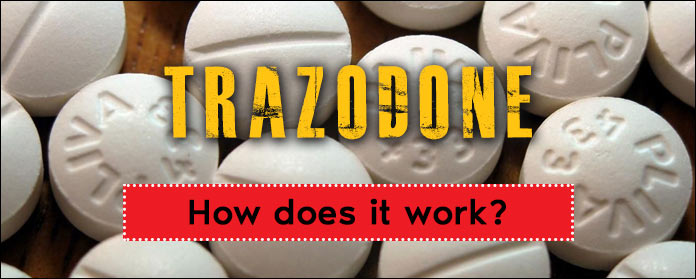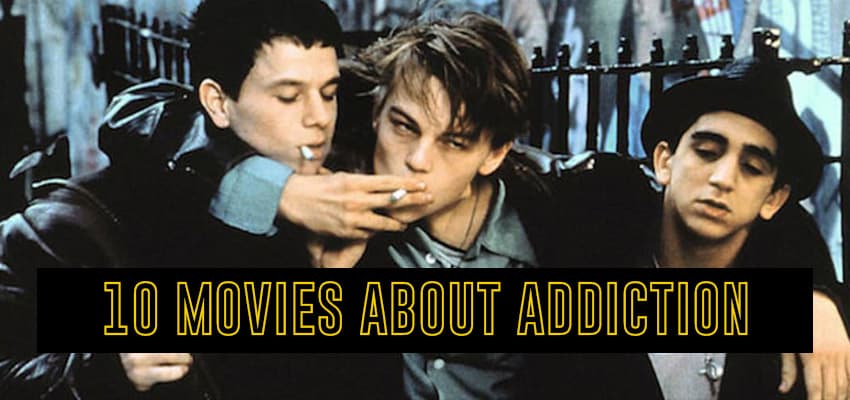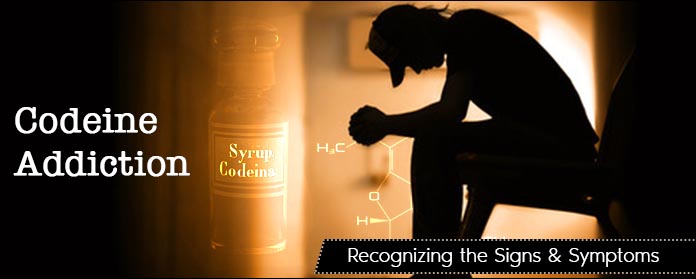Trazodone is used for treating conditions such as depression and anxiety and people are sometimes prescribed trazodone for sleep problems.
It’s one of the more commonly prescribed anti-depressants in the U.S. and, therefore, it’s subject to abuse and being used recreationally. But, have you ever wondered what that Trazodone high is doing to your body?
What Is Trazodone and How Does It Work?
Trazodone is the generic name for an anti-depressant that is usually taken as trazodone 100mg or trazodone 50mg. It’s not clearly understood how it works, but researchers believe that it increases the levels of serotonin in the brain.
Serotonin is a chemical that is naturally produced in your body to send signals between the nerve cells. It has several functions including stimulating the parts of the brain that control when you sleep and when you wake.
Serotonin is also known to help regulate your mood, anxiety levels, and feelings of happiness. People who suffer from depression often have low levels of serotonin in their brain.
What Are the Most Common Trazodone Side Effects?
Depending on your dosage, side effects from the drug can range from mild to severe.
Mild side effects can include dizziness, constipation, blurred vision, and sleepiness. These side effects should pass over a period of two weeks. If they continue, or if they are severe, you should consult your Doctor.
The following symptoms are considered to be severe and you should consult your Doctor immediately if any of these occur. If you think you may be in immediate danger, please dial 911.
- Suicidal thoughts or thoughts about dying
- Suicide attempts or planning
- New or worsening depression
- New or worsening anxiety
- New or worsening irritability
- Agitation or restlessness
- Panic attacks
- Sleeping too much or too little
- Aggressive, angry, or violent behavior
- Poor impulse control
- Mania or hyperactivity
- Rapid mood swings or erratic behavior
In addition, trazodone has been known to cause serotonin syndrome – which can be fatal in severe cases. Symptoms of serotonin syndrome include confusion, rapid heart rate, shivering, sweating, muscle twitching, and loss of muscle control. If any of these symptoms occur, you should consult your Doctor right away.
Other side effects that you may experience are sore eyes, visual disturbances, eye swelling, or redness. Low blood pressure and low sodium may occur, and you might notice unusual bruises or bleeding. Some men may experience erections that last longer than 6 hours.
What Does Trazodone Withdrawal Feel Like?
Trazodone withdrawal should be taken under the care of a health professional and should be tapered off gradually.
The severity of withdrawal symptoms depends on how long you’ve been taking the drug, how high your dosage is, and how gradually you taper off use. If you stop cold turkey you will experience immediate and intense symptoms.
If you decide to stop taking Trazodone immediately, without proper tapering, the following is a list of symptoms you may experience:
- Suicidal thoughts
- Anger, irritability, and feelings of aggression
- Sweating
- Nausea and vomiting
- Sleep problems
- Anxiety and/or tightness in the chest
- Depression
- Depersonalization – you may feel like a zombie, or disconnected from the world and what is going on around you
- Tightness in the chest
- Crying spells
- Dizziness, fainting, fatigue
- Headaches
- Muscle weakness and/or itching
There is no way to be 100% certain how long withdrawal symptoms will last but the current thinking is that trazodone stays in your system up to 1.7 days after taking your last dose. Again, the duration of symptoms will largely depend on how long you have been taking trazodone and how high your daily dosage was.
It should be noted that you may still experience trazodone withdrawal symptoms long after the drug has left your system. Some people have reported continuing symptoms for up to a year.
If you are at all concerned that your withdrawal symptoms are too severe or are lasting too long, you should consult your Doctor.
Do the Benefits of a Trazodone High Outweigh the Risks?
This is a decision only you and your Doctor can make, however, there are usually alternative drugs you can take for most conditions.
Trazodone side effects can be quite severe, and you should always check with your Doctor that any drug won’t interact negatively with other medicines, vitamins, or herbal supplements you may already be taking.
Trazodone should not be taken with alcohol and until you know how it will affect you, it should not be taken while driving.





